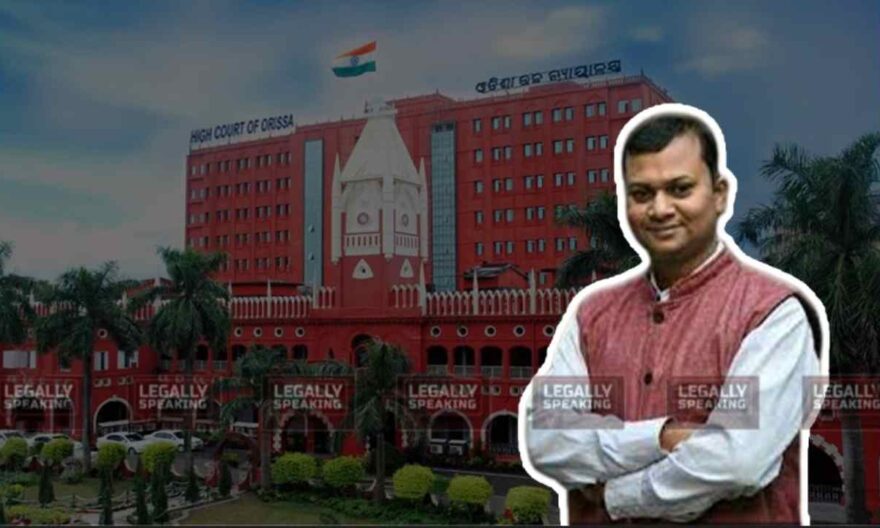
In August 2020, a television channel, OTV, aired an audio conversation in which two individuals were discussing the perceived futility of Covid treatment in government hospitals.
Three years later, the Orissa High Court has dismissed the criminal proceedings against a television journalist who was implicated by the Bhubaneswar Municipal Corporation (BMC) for allegedly spreading false information about the Covid pandemic with malicious intent. After the TV channel aired the conversation, they sought a response from the BMC, which resulted in a case being filed.
The high court emphasized that such actions could have a detrimental impact on press freedom. Chief Justice S Muralidhar of the Orissa High Court, while quashing the case against Swadheen Raut, the input editor of OTV, stated that there was no prima facie evidence to support a case against him under the Indian Penal Code (IPC) or the Disaster Management Act. The court concluded that the channel’s decision to broadcast the casual conversation between two individuals did not appear to be intended to incite public panic.
The Orissa High Court, while dismissing the FIR and subsequent trial in the court of SDJM, ruled “It is highly unlikely that this one conversation would somehow induce the public to avoid treatment for Covid thus resulting in the spread of the pandemic and much less, still induce the public to commit offences against the state”.
The incident occurred in August 2020 when OTV aired an audio conversation between two individuals discussing the perceived futility of Covid treatment in government hospitals and alleged malpractices by BMC officials, suggesting that they were diverting funds meant for Covid treatment. After the channel aired the conversation, they sought a response from BMC.
Subsequently, the Bhubaneswar Commissionerate Police filed a criminal case against Raut, accusing him of airing misleading and false information about the Covid pandemic with malicious intent. The charges included sections 269, 270, 505(B), 120B of the Indian Penal Code, and section 3 of the Epidemic Disease Act/52 of the Disaster Management Act. However, the Orissa High Court quashed these charges, stating that the audio clip was aired without malice or mischievous intentions and did not contain information that would mislead the public about the pandemic.
Raut and another staff member of OTV were subjected to interrogation at a undisclosed location on allegations of creating panic related to Covid. The Orissa High Court referenced the Supreme Court’s judgment in the 2020 case of Arnab Goswami vs Union of India, which emphasized the “exercise of journalistic freedom lay at the core of speech and expression protected by Article 19(1)(a)”. The court highlighted that “India’s freedoms will rest safe as long as journalists can speak truth to power without being chilled by a threat of reprisal”. In this context, the high court recognized OTV as a media platform fulfilling its role of news dissemination.




